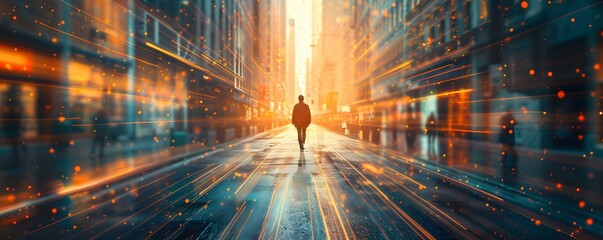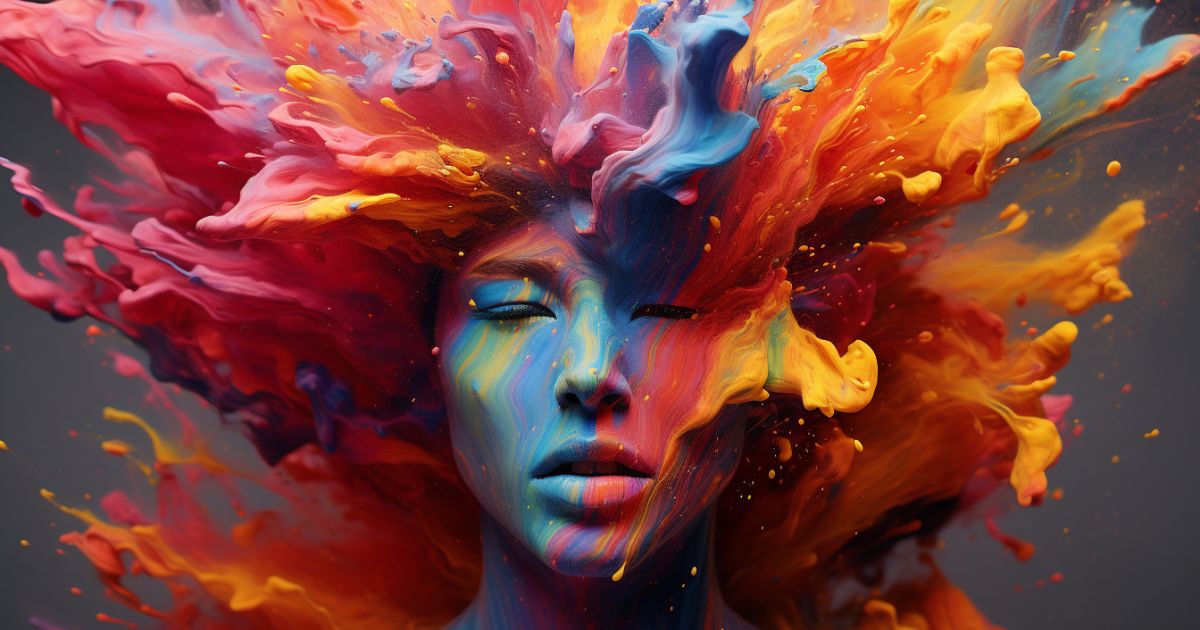Introduction
Artificial Intelligence (AI) has revolutionized various aspects of human life, including our perception of reality. In this article, we delve into the fascinating realm where AI and realism intersect, exploring the profound implications of this convergence.
Understanding AI and Realism
Definition of AI
AI refers to computer systems capable of performing tasks that typically require human intelligence. These tasks include learning, problem-solving, and decision-making.
Concept of Realism
Realism, on the other hand, pertains to the faithful representation of reality in art, literature, or any other medium. It aims to capture the essence of the real world with accuracy and fidelity.
The Convergence of Technology and Perception
AI’s Impact on Realism
AI has significantly influenced the realism in various domains by enabling sophisticated simulations and renderings that closely mimic reality. This includes photorealistic graphics in video games, CGI effects in movies, and virtual assistants that interact with users in a lifelike manner.
Advancements in AI Technology
Recent advancements in AI technology, such as deep learning and neural networks, have further enhanced the realism of AI-generated content. These algorithms can analyze vast amounts of data and generate outputs that are indistinguishable from those created by humans.
Applications of AI in Realism
Entertainment Industry
In the entertainment industry, AI is being used to create immersive experiences through realistic CGI and virtual actors. This allows filmmakers and game developers to push the boundaries of storytelling and visual effects.
Virtual Reality
AI-powered virtual reality (VR) experiences offer users immersive simulations of real-world environments. From training simulations for professionals to virtual tourism experiences for travelers, AI-driven VR technologies are revolutionizing how we perceive and interact with the world.
Challenges and Ethical Considerations
Privacy Concerns
The widespread use of AI in facial recognition and surveillance raises privacy concerns regarding data collection and tracking of individuals without their consent. Striking a balance between technological advancement and privacy rights is crucial.
Bias in AI
AI algorithms are prone to bias based on the data they are trained on, leading to discriminatory outcomes. Addressing bias in AI requires ethical guidelines and responsible development practices to ensure fairness and equity.
Future Outlook
As AI continues to advance, the boundary between real and artificial is expected to blur further. The integration of AI into various aspects of our lives will continue to shape our perception of reality and challenge traditional notions of authenticity.
Conclusion
The convergence of AI and realism heralds a new era of possibilities and challenges. While AI technologies offer unprecedented opportunities for creative expression and immersive experiences, they also raise ethical considerations that must be addressed to ensure a beneficial and equitable future.
FAQs
1. Can AI completely replicate human creativity and expression? While AI can produce remarkably realistic outputs, human creativity and emotional depth remain unmatched.
2. How can AI-driven virtual reality benefit industries beyond entertainment? AI-powered virtual reality has applications in education, healthcare, military training, and architectural design, among others.
3. What measures are being taken to address bias in AI algorithms?Researchers and developers are working on algorithmic transparency, bias detection tools, and diversity in datasets to mitigate bias in AI.
4. Are there any regulations governing the use of AI in the entertainment industry? While there are no specific regulations, industry organizations and ethical guidelines help ensure responsible use of AI in entertainment.
5.How can individuals contribute to shaping the future of AI and realism? By advocating for ethical AI development and participating in discussions on AI governance and regulation, individuals can contribute to shaping a future where AI and realism coexist harmoniously for the benefit of society.





